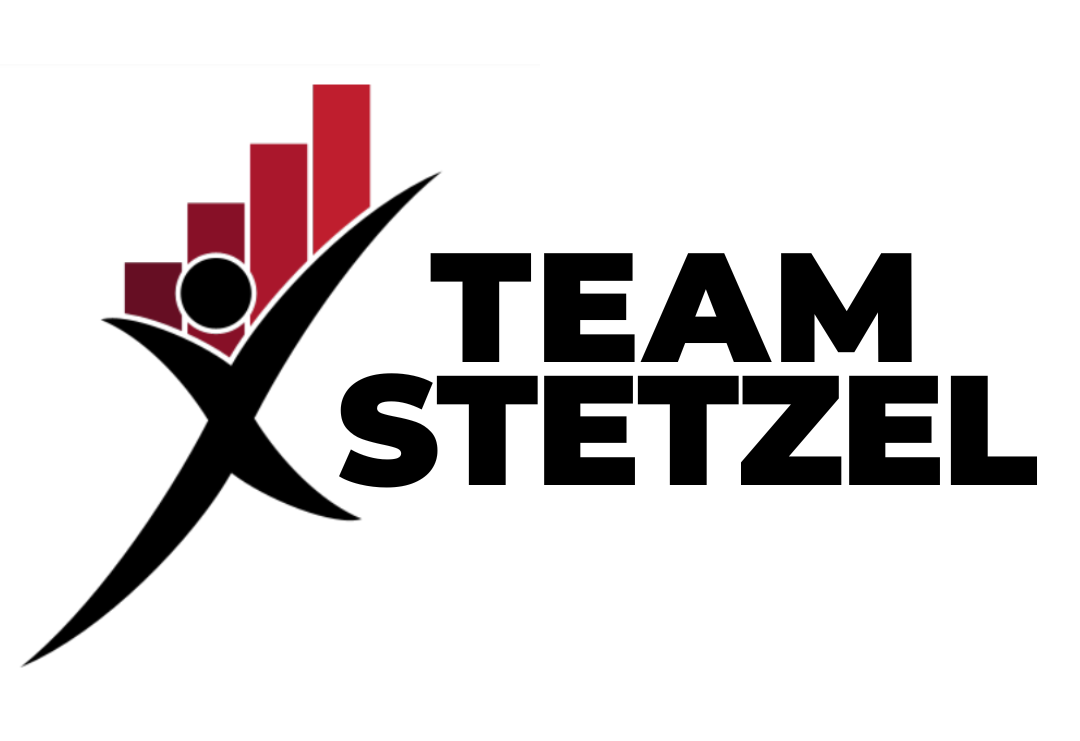Starting a small business is no small decision.
But despite the countless sacrifices and challenges small business owners face, an overwhelming 84% of small business owners would do it all over again.
If you’re thinking about taking the plunge and starting a business of your own, there are some key steps you need to take first.
10 Steps to consider as you start your business
1. Develop a powerful message
What problem(s) are you solving that potential customers are willing to pay for? This is often called the value proposition. Also, why will your business be operationally and financially successful? What sets you apart from others doing the same thing?
2. Focus on the customer and fully understand the market
There are many examples of companies that do not have the best product/service or are not first to market, yet are very successful because they have mastered online marketing and sales. Research the demographics of your potential customer base and understand their buying habits. Watch competitors, talk with similar businesses, browse your competitors’ websites, and understand what their customers are saying about them on social media.
3. Start small and grow
If possible, self-fund your business idea and then go for funding when you can create a growth story. This might cause you to break up your product/service offering into smaller pieces so you can fund the early stages and get some traction and experience.
4. Understand your own strengths, skills, and time available
When running a business, know when you need to engage an accountant, lawyer, insurance agent, marketing specialist, web page designer, or other professional. This will start your management process as a business owner.
5. Surround yourself with like minded individuals
Launching and growing a business is difficult, and more than half will fail within 5 years.
No one person can have all the knowledge, experience, or even perspective to handle every business situation. Gain from others’ skills and experiences.
6. Get a mentor or advisor
If you’re not sure where to find a mentor, SCORE is a great place to start. SCORE mentors are free — just visit their website to find a face-to-face mentor near you or a mentor to contact via email or Skype. Also at this site are many free workshops, webinars, and templates all focused on helping entrepreneurs successfully start and grow a business.

You can also find mentors on sites like LinkedIn, by attending a local small business meetup, or just asking around. You might be surprised at people in your circles who can offer useful advice based on their experiences. A business coach can be a great resource to help brainstorm all of these things and how to go about it without losing your sanity!
7. Write a business plan
Starting a business is difficult and risky; it’s easy to spend all your time and resources at it. Before you start, figure out what type of business you will have. Will it be a sole proprietorship, partnership, corporation or LLC? Then put together your plan.
Having a written plan with your projected results and personal goals is the best way to stay on track.
As an example, your business may make a $20,000 profit. But if you live in a large city, support a family and maybe elderly parents, and are trying to save for kids’ college and retirement, then most likely $20,000 is not enough.
A business plan will put your ideas in concrete terms and help you identify places to change the business model where necessary.
8. Know your numbers
Have a good grasp on the numbers that tell you how your business is doing and what you can expect. These include your start-up costs, sales, projected profits, cash flow, and much more, depending on the nature of your business and how you define success..
You will be making many decisions “on the fly” and knowing the numbers — the business economics — will help ensure you make the right decisions.
Look for ways to cut costs where you can. Use cost-effective tools like email marketing and social media to drive awareness, rather than pricier traditional advertising methods.
9. Understand there are no entitlements
Don’t underestimate this one: You will work hard for all your achievements.
Being a small business owner is one of the hardest jobs around. In a recent survey, 40% of small business owners said they don’t take vacations and have their money tied up in their business.
10. Have passion for what you are doing
Being a business founder can be very lonely and there are not enough hours in the day to accomplish everything. From big successes to large let downs, if you’re not fueled by passion at every step of the way, your job becomes that much harder. Remember why you started your business and let your passion drive you continuously.
Should you need help with your business plan, pulling all these pieces together, reviewing your current business and/or plan or adding a team, let Team Stetzel help. Contact us today at (281) 217-4951 and let’s take a look at what you want and need.



